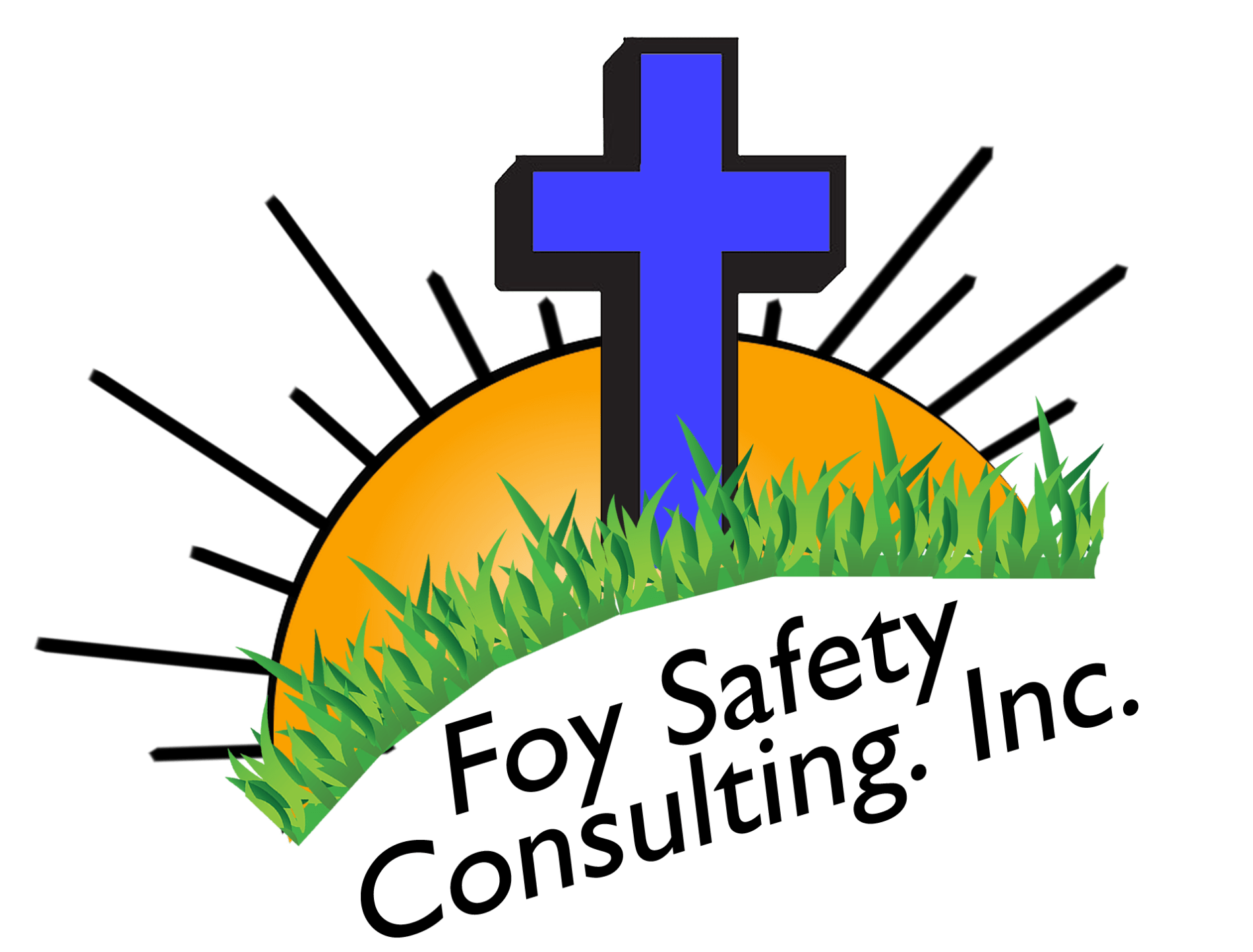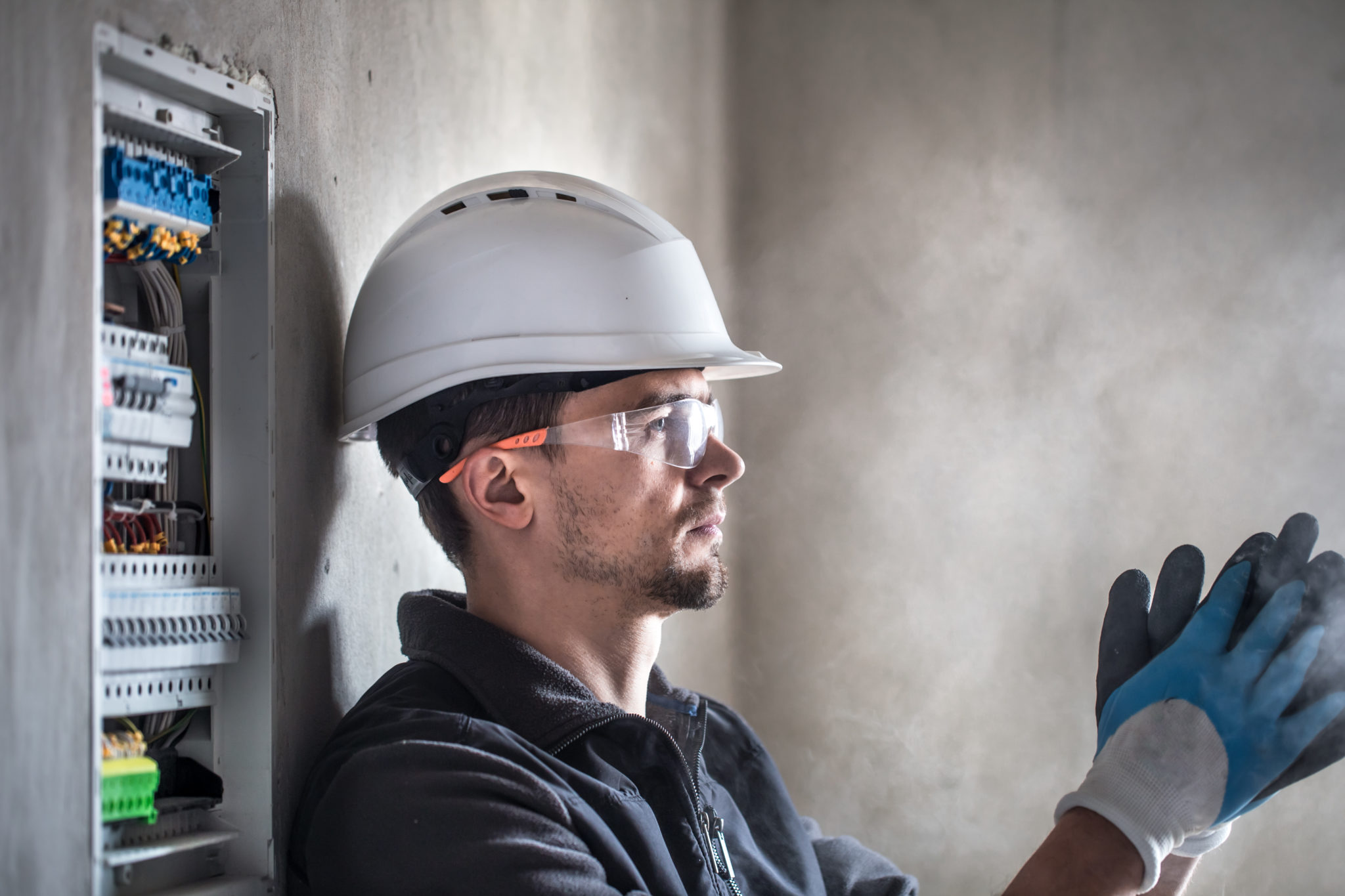When workers can accurately identify potential electrical hazards, the risk of electrocution diminishes. However, when there are improper training and a lack of experience, mistakes are far more likely to occur. Construction workers make up 52% of workers who have died from electrocution. Therefore, it is essential to train workers adequately to prevent further accidental death.
Different Types of Electrical Hazards
OSHA has classified electricity as a “serious workplace hazard” and should be treated as such. By raising awareness around the job site, it is possible to prevent accidental shocks, burns, and deaths due to electricity. Below is a list that outlines seven dangerous electrical hazards that every construction site team should be made aware of:
Overhead Power Lines
When dealing with overhead power lines, it is essential to conduct a survey of the surrounding areas. Doing so will help ensure that ALL electrical cables are found and avoided by workers. Furthermore, unqualified workers should maintain a minimum distance of 10 – feet with warning signs and barriers should be installed to alert others of the electrical hazard.
Faulty Wiring and Overloaded Circuits
If one uses improper wiring for electrical currents, overheating, electrocution, and fire can occur to an individual. Therefore, it is vital to always use the proper wiring and extension cords for the job. Furthermore, make sure to regularly inspect power circuits to ensure their stability.
Damaged Wiring Insulation
If there is damaged wire insulation, all power must be shut off before conducted any further work with the tool or machinery. Have a professional come and replace the wiring before proceeding and never use electrical tape to cover the issue.
Exposed Electrical Equipment
Equipment such as exposed, light sources, opened machinery, opened power units, and other machinery or tools can lead to shocks and burns. Ensure each of these items is adequately grounded, with an inspection from an electrician, to prevent any accidents.
Improper Grounding
Ensure that a professional electrician inspects all items that need to be grounded. By doing so, any unwanted voltage or electrocution risks are eliminated. Make sure all workers understand to never remove the metallic ground pin on equipment or cords as its purpose to ensure any extra voltages are taken care of.
Wet Conditions
Never, under any circumstance, operate electrical equipment in wet conditions. Furthermore, any equipment that has gotten wet must be inspected by an electrician before being used.
It is essential to review the potential dangers of electricity with your team to ensure that they are familiar with the hazards. However, if you are worried or unsure of how to review with your team, call Foy Safety! We are a team of trained safety inspection professionals and will ensure your team is 100% ready to deal with all potential issues. If you have questions about what Foy Safety can do for your company, consider visiting our FAQ page! If you cannot find the answer there, write us an email or give us a call!


